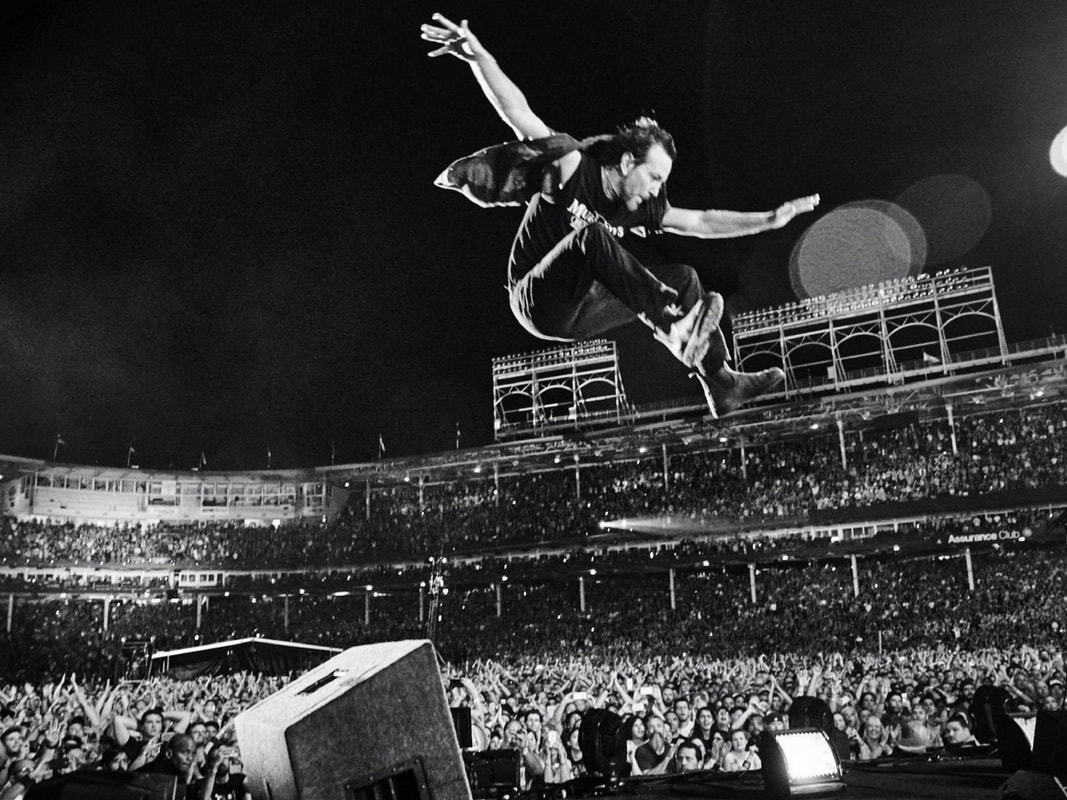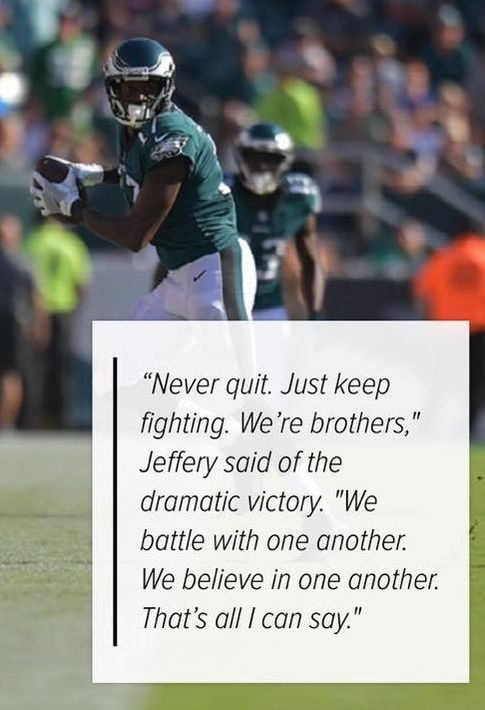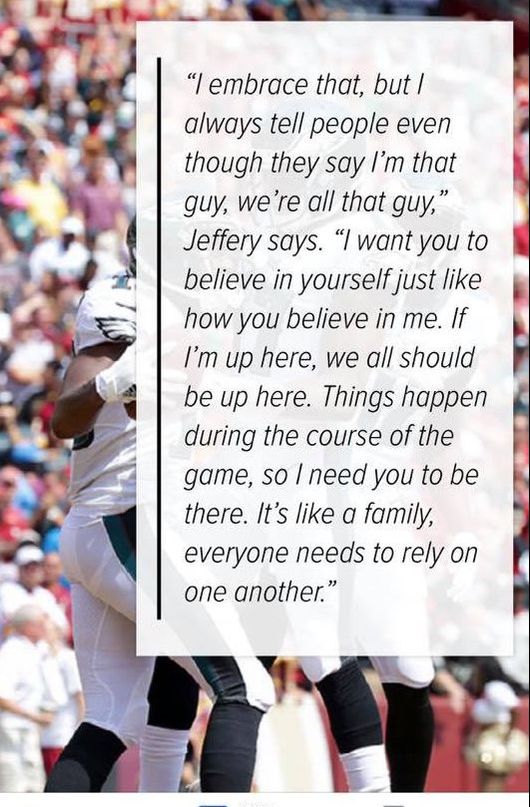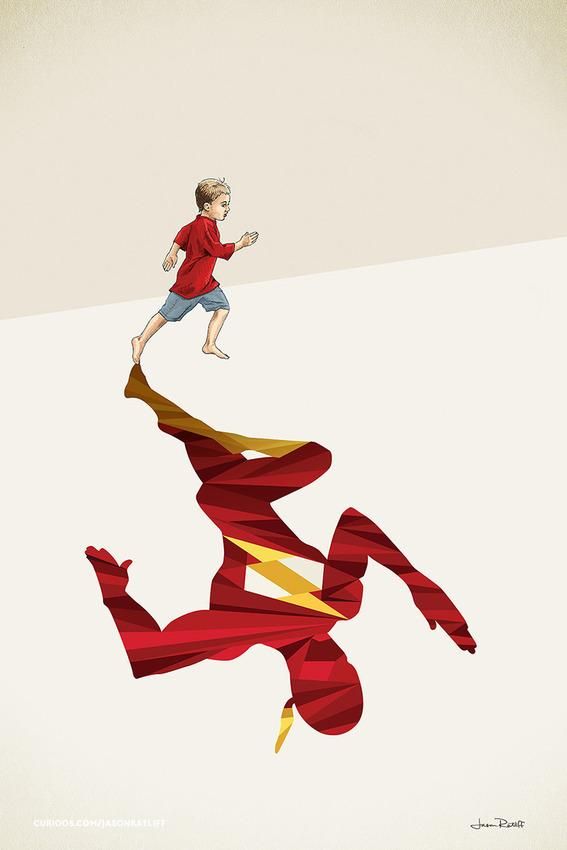https://tlexinstitute.com/how-to-effortlessly-have-more-positive-thoughts/#:~:text=It%20was%20found%20that%20the,thoughts%20as%20the%20day%20before.
This article starts with the following:
Tendencies of the mind: In 2005, the National Science Foundation published an article summarizing research on human thoughts per day. It was found that the average person has about 12,000 to 60,000 thoughts per day. Of those thousands of thoughts, 80% were negative, and 95% were exactly the same repetitive thoughts as the day before.
We can see that one of the tendencies of the mind is to focus on the negative and ‘play the same songs’ over and over again.
There was another interesting study (Leahy, 2005, Study of Cornell University), in which scientists found that, firstly 85% of what we worry about never happens. Secondly with the 15% of the worries that did happen, 79% of the subjects discovered that either they could handle the difficulty better than expected, or that the difficulty taught them a lesson worth learning.
The conclusion is that 97% of our worries are baseless and result from an unfounded pessimistic perception.
These baseless worries are a major source of stress, tension and cause of exhaustion not only for the mind, but also for the physical body.
This article suggests it is closer to 6,000 thoughts per day
https://www.iflscience.com/brain/this-is-how-many-thoughts-you-have-a-day-according-to-new-research/




 RSS Feed
RSS Feed
